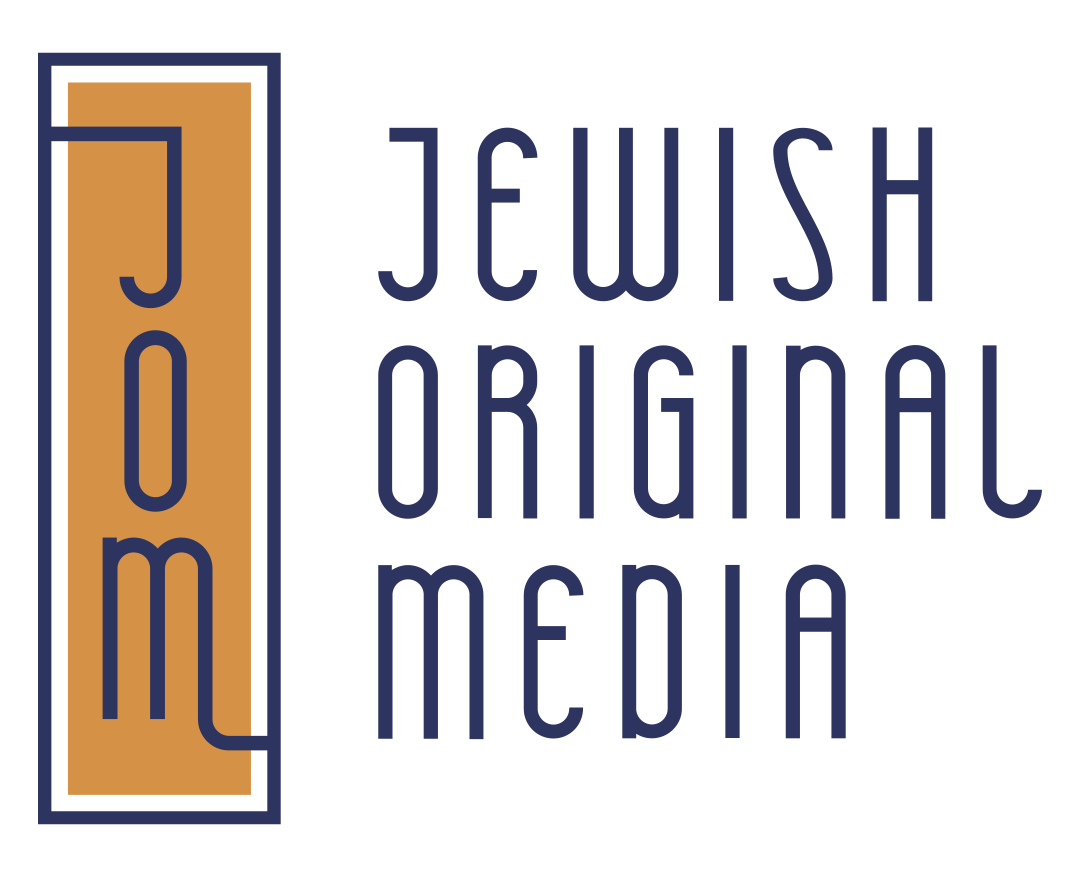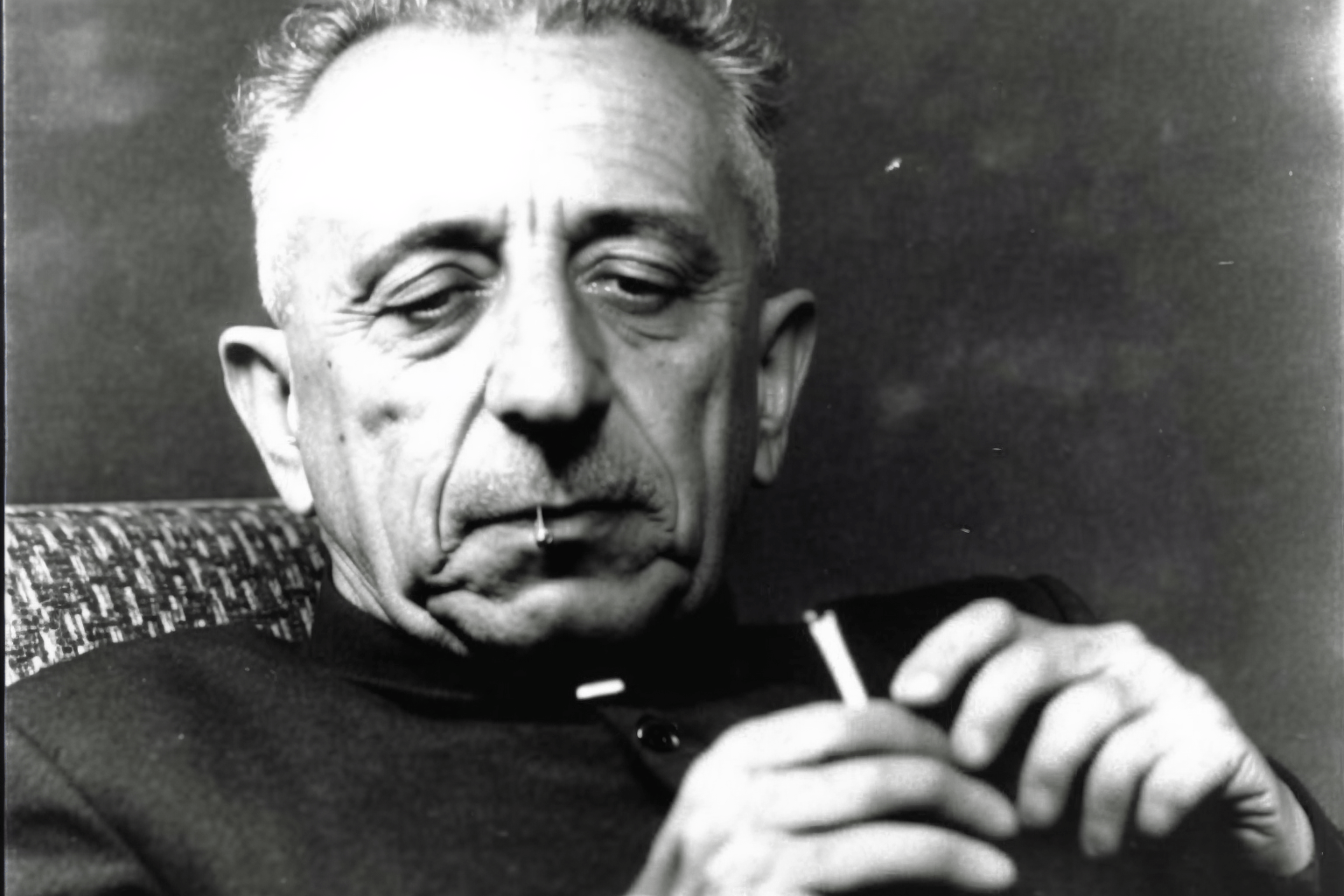The Life and Journey of Natan Alterman
Natan Alterman, one of Israel’s national poets, literary legends, and political voices, was born in Warsaw, Poland on this day in 1910. As the son of two teachers, his father being a founder of the Hebrew kindergarten in Warsaw, Alterman was destined to have a significant impact on Israel’s cultural landscape. The Alterman family’s journey took them from Warsaw to Moscow, Kishinev, and eventually to Tel Aviv in 1925. After completing his education at Herzliya Gymnasia, Alterman moved to Paris to study at university, obtaining his degree in agricultural engineering in 1932 before returning to British-occupied Palestine in 1934.
Alterman’s Literary Beginnings
In 1931, Natan Alterman published his first poem, marking the start of a prolific career in poetry. His writing fell under two categories: satirical poetry focused on contemporary politics and romantic, lyrical imagist poetry. Upon returning to Palestine, Alterman began contributing political poetry to Ha’aretz through a weekly political column called “Moments.” In 1943, he started writing for the Labor daily newspaper, Davar, where he primarily focused on criticizing British authorities and chronicling the endeavors of the Haganah and the Palmah. Although his poems were banned by the British, they continued to circulate by hand.
Personal Life and Early Works
In 1935, Natan Alterman married actress Rachel Markus, and together they had a son, Tirza, born in 1941. Meanwhile, Alterman published books of poetry, starting with Kochavim BaChutz (Stars Outside) in 1938, followed by Simchat Aniyyim (Joy of the Poor) in 1941, and Shirei Makot Mitzrayim (Plagues of Egypt) in 1944. One of Alterman’s most famous poems, “Silver Platter,” was published around the time of the War of Independence, capturing the sacrifices made by Israeli soldiers in the fight for nationhood.
Alterman’s Continued Influence and Legacy
After the establishment of the State of Israel, Natan Alterman continued writing for Davar, mainly for “The Seventh Column.” In 1957, he wrote Ir HaYonah (Wailing City), an abstract commentary on human history through a focus on the Holocaust, illegal immigration to Israel, and Israeli national independence. This piece earned Alterman the Bialik Prize for literature. A year later, he published an anthology for children.
The 1960s proved to be a busy decade for Alterman, as he published multiple collections, wrote five plays, and became a member of the Movement for Greater Israel. He also worked on translating works by Molière, Shakespeare, and Racine from English to Hebrew. In 1968, he received the Israel Prize for his contributions to Hebrew Literature.
By the time of his passing in 1970,Natan Alterman was widely considered one of Israel’s national poets and the literary spokesman for pronationalist Israelis. Today, his work continues to be widely read in Israel, and his face has been featured on the NIS 200 since 2016, along with words from his poems “Eternal Meeting” and “Morning Song.” The latter poem embodies the Israeli national spirit that defined Alterman’s career:
“If the road is hard and treacherous, If not only one shall drop dead, Forevermore we shall love thee, homeland, We are yours in battle and in labor!”
Resources
“Alterman, Nathan.” Encyclopaedia Judaica. https://www.encyclopedia.com/religion/encyclopedias-almanacs-transcripts-and-maps/alterman-nathan. “Alterman, Natan.” Encyclopedia of World Biography. https://www.encyclopedia.com/history/encyclopedias-almanacs-transcripts-and-maps/alterman-natan. Lior, Gad. “New NIS 200 bill featuring poet Nathan Alterman to debut in early 2016.” YNetNews, June 2015, https://www.ynetnews.com/articles/0,7340,L-4672312,00.html. “Natan Alterman (1910 – 1970).” Jewish Virtual Library. https://www.jewishvirtuallibrary.org/natan-alterman. “שיר בוקר (Shir Boker) (English translation).” LyricTranslate, https://lyricstranslate.com/en/שיר-בוקר-shir-boker-morning-song.html. “The Silver Salver.” ZioNation: Zionism-Israel Web Log, https://zionism-israel.com/hdoc/Silver_Platter.htm.


